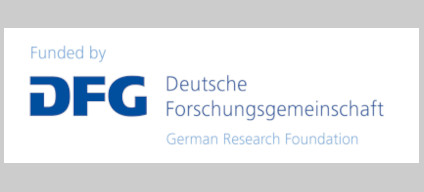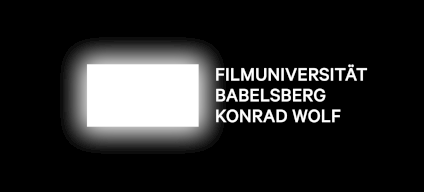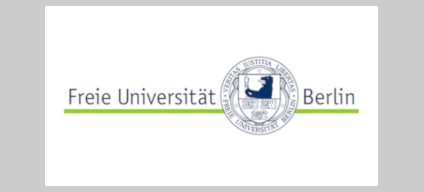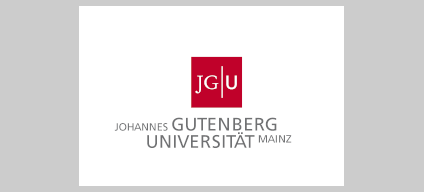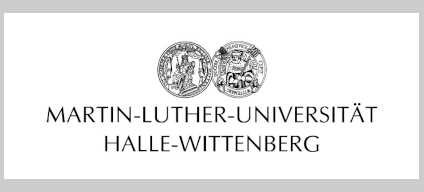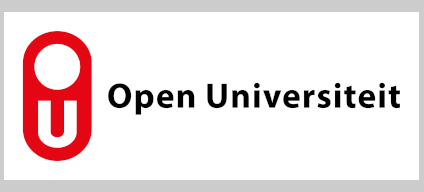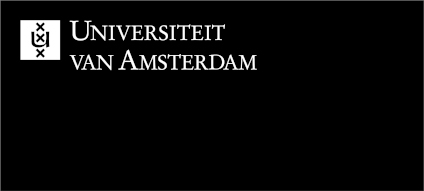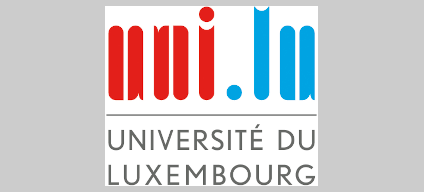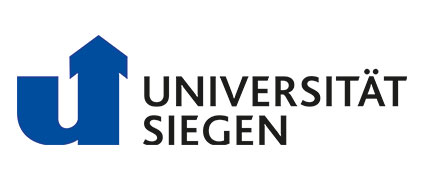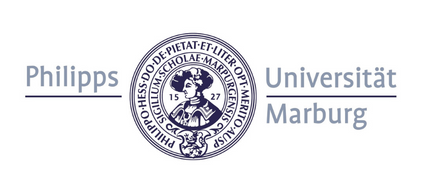Main Content
Franziska Heller

Affiliation & Contact
University of Zurich
Seminar für Filmwissenschaft
Film University Babelsberg KONRAD WOLF
E-Mail: franziska.hellerat[at]fiwi.uzh.ch
Research Areas
Film and Media History, Historiography, Digital Culture and Audiovisual Media, Archival Pragmatics, Media Archeology, Memory Culture, Audiovisual Heritage
Biography
Franziska Heller is Visiting Professor at the Film University Babelsberg KONRAD WOLF in Potsdam (GE). She holds a Venia Legendi in Film and Media Studies (Privatdozentin), awarded by the Faculty of Arts and Social Sciences of the University of Zurich (CH), where she also teaches at the Department of Film Studies.
She obtained her PhD at the Ruhr-University Bochum (GE) in 2009. Besides numerous articles on digital culture and film/media historiography, she is also the author of several monographs. In 2010, she published Filmästhetik des Fluiden, on the narratological as well as phenomenological relationship of film aesthetics and fluidity, (Fink), and in 2015 she published Alfred Hitchcock, Einführung in seine Filme und Filmästhetik, on Alfred Hitchcock and his film aesthetics, (Fink). Her new book Update! Film and Media History in the Age of Digital Reproducibility has just been published in open access, download available here: Fink.
For a more detailed CV and complete list of publications, please see: Seminar für Filmwissenschaft
Current Research
Film and Media History in the Age of Digital Reproducibility
It has never been easier to access film history: within a few clicks you can watch, copy, and share a ‘classic' movie; often in a digitally remastered update – "now sharper than ever!" But the seemingly complete accessibility of archival moving images obscures something more complex: analog films get digitised within specific frameworks, during which they undergo numerous transformations and recontextualisations. My research examines how, and in which form, historical moving images circulate within digital culture, as well as the aesthetic, socio-cultural, theoretical and media historiographic consequences digitisation practices entail. Within the DFG-network, I would like to focus further especially on the following aspects:
- The ideological and methodological consequences of the use of digitised moving images in digital film analysis tools
- The implications for the construction of gender within digitisation practices of film historic materials and its circulation
- Raising awareness and establishing guidelines for a critical use of digital media as access tools to films and its various versions (= source criticism for audiovisual material in the digital domain)
Network-related Publications (selection)
◦ Update! Film und Mediengeschichte im Zeitalter der digitalen Reproduzierbarkeit. Paderborn/München: Wilhelm Fink Verlag (Habilitationsschrift an der Philosophischen Fakultät der Universität Zürich, 2020. (Open-Access)
◦ Heller, F. (2019): Neoformalismus/Kognitivismus. Filmanalytische Ansätze. In: Hagener, Malte/Pantenburg, Volker (Eds.): Handbuch Filmanalyse. Wiesbaden: Verlag Springer VS. 1–21. https://doi.org/10.1007/978-3-658-13352-8_15-1
◦ Heller, F. (2017): Digitale Langzeitsicherung: Nachhaltige Verfügbarkeit und Verwertbarkeit von (digitalen) Filmen – Praxen, Erfahrungen, Probleme. Umfassender Abschlussbericht und Empfehlungen für Kulturpolitik und Filmindustrie zum Stand der internationalen Debatte (2000–2017). In: Flückiger, Barbara (Eds.): https://diastor.ch/digitale-langzeitsicherung/
◦ Heller, F. (2016): Digital Desmet. Translating Early Applied Colors. In: The Moving Image. 16/1 (Spring 2016). Special Issue: Early Cinema and the Archives. 106–124 (with Barbara Flückiger/Claudy Op den Kamp/David Pfluger) (Peer-reviewed).
◦ Heller, F. (2016): Warum Filmgeschichte? Wie die Digitalisierung unser Bild der Vergangenheit verändert... in: Verwandlung. CINEMA. Schweizer Filmjahrbuch. 61/2016. 12–24. Gekürzte und erneut aktualisierte Fassung von: Heller, F. (2013) Warum Filmgeschichte? Wie die Digitalisierung unser Bild der Vergangenheit verändert... In: Memento Movie. Materialien zum audiovisuellen Erbe. 2013: http://www.memento-movie.de/2013/02/warum-filmgeschichte/.
◦ Heller, F. (2012): ‚Prettier than Ever’. Die digitale Re-Konstruktion von Filmgeschichte und ihre Versprechen. In: Segeberg, Harro (ed.): Film im Zeitalter Neuer Medien II. Digitalität und Kino. Mediengeschichte des Films. Band 8. München: Wilhelm Fink Verlag. 253–274.
◦ Heller, F. (2010): Zur Wertigkeit von Filmen. Retrodigitalisierung und Filmwissenschaft. In: montage AV 19/2/2010. S. 139–153 (with Barbara Flückiger) (Peer-reviewed).
